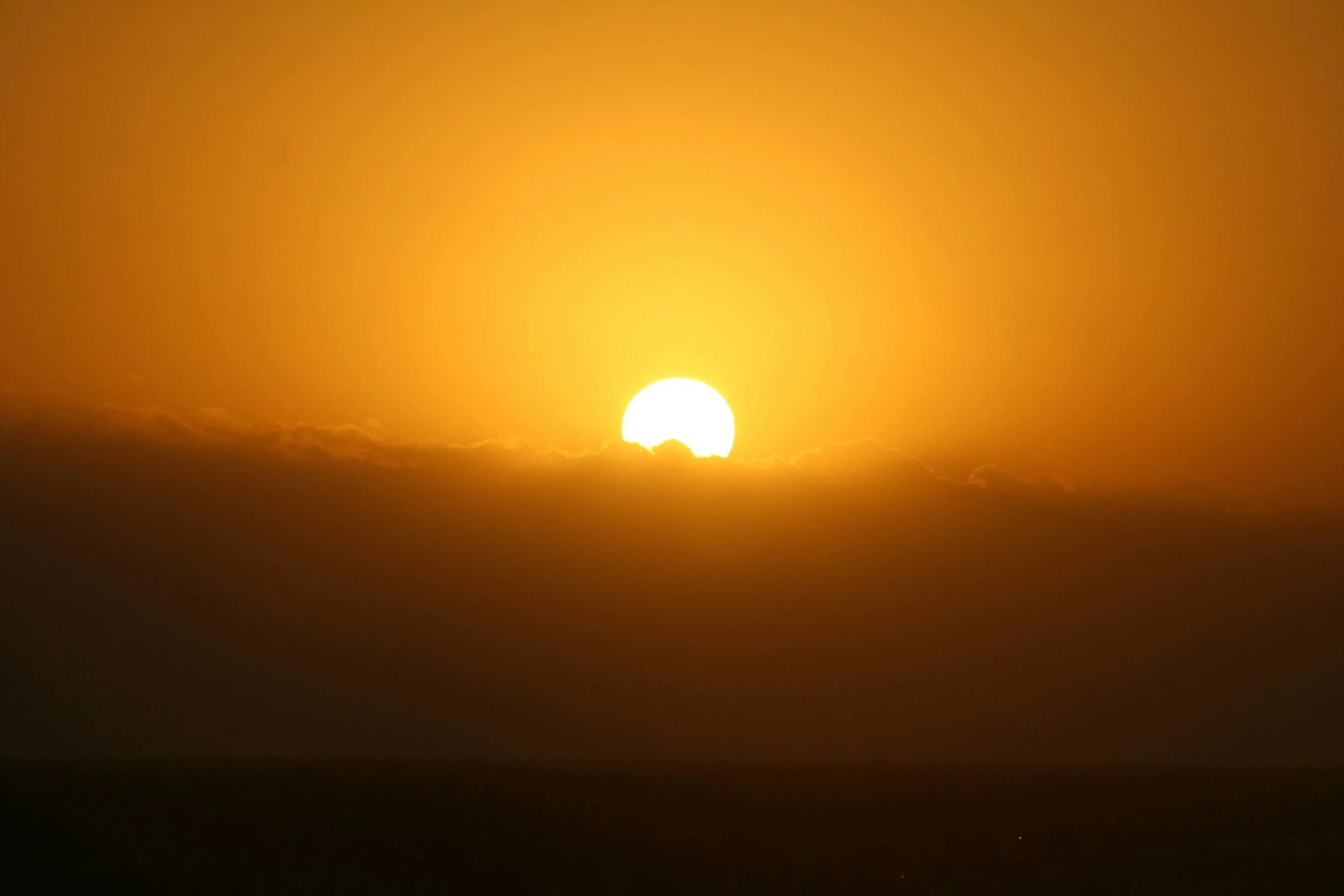An unending barrage of heat waves has pummeled North America in 2024, with climate change the likely culprit.
The sun rises on another 100-degree day in California. Pixabay. CC0
Climate change is an ongoing and severe crisis that is affecting all parts of the globe in different ways. From rising sea levels to increasingly chaotic weather patterns, every part of human society is at risk of some adverse effects.
North America has been suffering droughts on the west coast and frequent hurricanes and tornadoes on the east, but the entire continent is united in facing historically high temperatures. Almost the entire month of July has seen a solid string of heat waves, appearing in every corner of the continent. According to the United States Environmental Protection Agency (EPA), these heat waves have become far more frequent in the last few years, rising from two waves yearly in the 1960s to around six annually in the 2010s. In addition, heat waves have become more intense over the last few decades, with temperatures in Mexico and Central America brushing 125 degrees Fahrenheit in a historic first. Las Vegas also recently witnessed a record-breaking 115 degree day on July 12th, topping off a seven-day streak of broken records.
And these heat waves are only set to continue. As of the time of writing, heat waves are expected to renew their assault on the west coast, with temperatures projected to reach up to 110 degrees Fahrenheit and effect Washington, Nevada, Oregon, Arizona, Idaho and California. In 2023, Las Vegas never dropped from 100 degrees during the entire month of July, while this year’s forecast suggests that the average will have risen to 103 degrees by the end of the month. In addition, July 20th saw parts of Florida setting daily temperature records at around 97 degrees. This is a solid increase across the board for this time of year, with those same parts of Florida sitting at around a mean temperature of 84.9 degrees last year.
The biggest immediate threats presented by the rising temperatures, however, are wildfires. Hot and dry conditions naturally portend fires, and the already dangerous wildfire seasons in California and Canada have only gotten worse as the heat steadily increases. As of July 21st, several wildfires are raging in Oregon and western Canada, and incoming thunderstorms are predicted to make things substantially more difficult for the firefighters struggling to contain the blazes.
Although official statements stop short of absolute certainty, the vast majority of organizations are pinning the blame for these heat waves squarely on climate change. A series of incidents—the rising frequency and intensity of heat waves across the globe over the last few years, reports from 2022 about sidewalks melting in Europe, and 2023's historically devastating Canadian wildfire season—have raised concerns about the damage climate change can do even in the short term. That 2024's heat waves have been worse are suggestive of what is to come.
According to the Canadian Climate Institute, climate change has been proven to raise the frequency of severe heat waves, as well as slowing them down and causing them to linger over certain areas. Additionally, a statement released by the World Weather Attribution suggests that wildfire risk has become significantly higher as a result of climate change, making 2023’s wildfire season in Quebec close to 50% more intense.
It is becoming increasingly clear how rapidly climate change is altering the planet. Heat waves have been increasing in severity for the past few years, with 2023 setting global heat records and 2024 looking to blow even those historic numbers out of the water. These events are becoming increasingly common as time goes on, and it is possible that global average temperatures will rise five degrees by 2050, and around 10 degrees by the end of the century. Even the deviations we’re experiencing now are severe, but it looks like the world is going to get even hotter—and fast.
Ryan Livingston
Ryan is a senior at The College of New Jersey, majoring in English and minoring in marketing. Since a young age, Ryan has been passionate about human rights and environmental action and uses his writing to educate wherever he can. He hopes to pursue a career in professional writing and spread his message even further.


